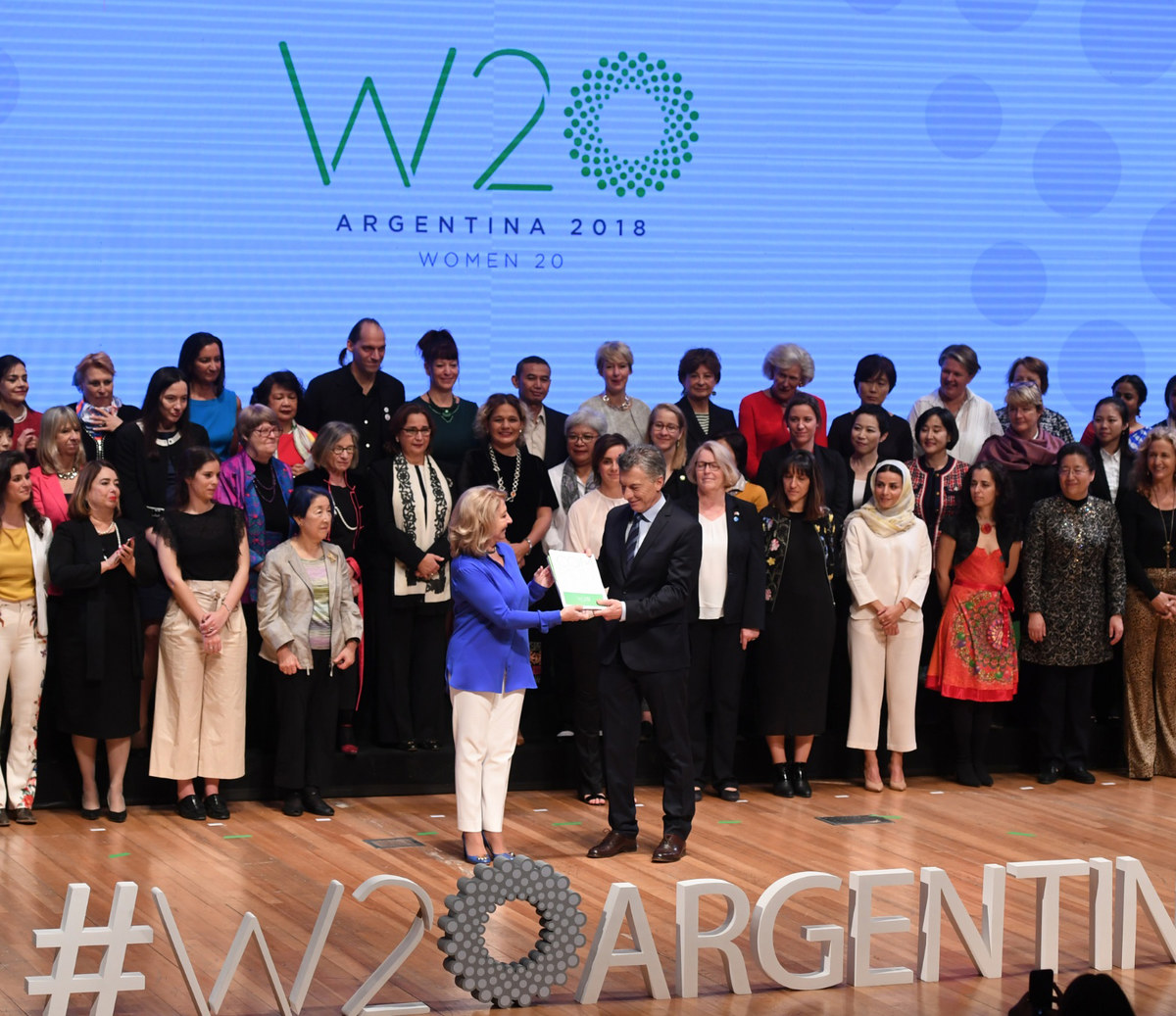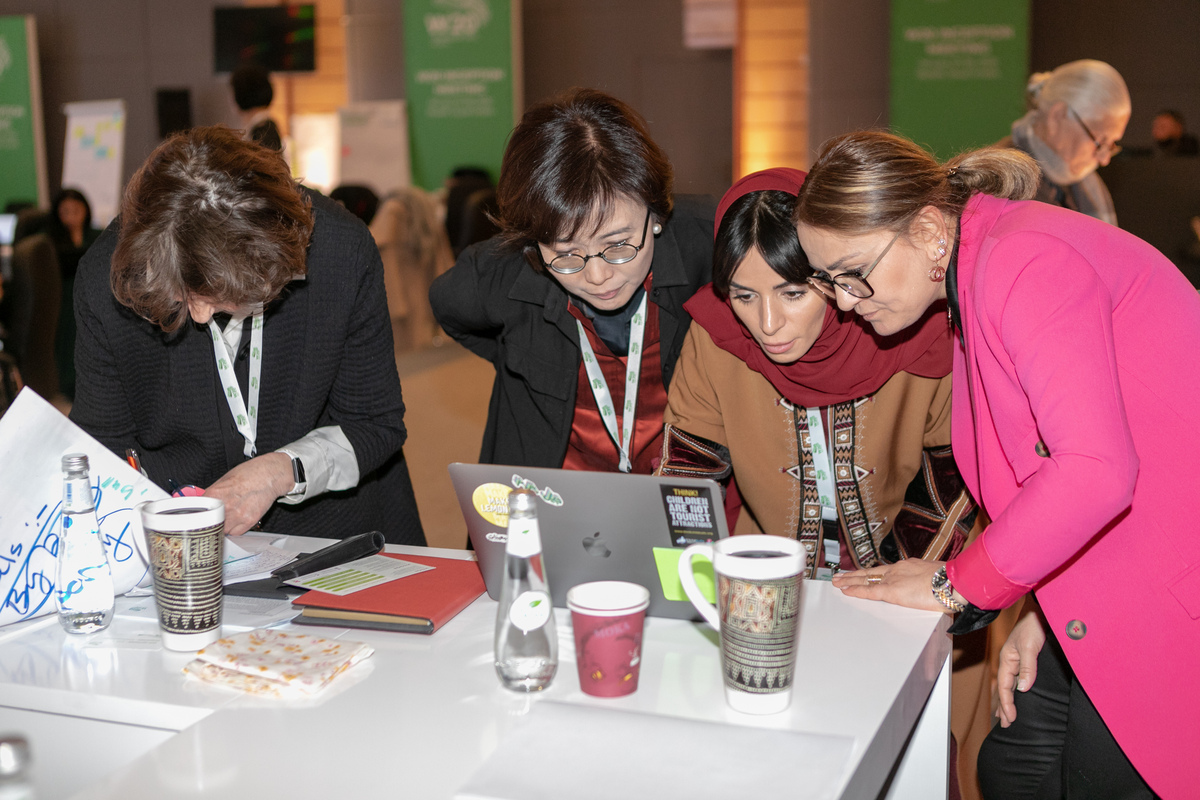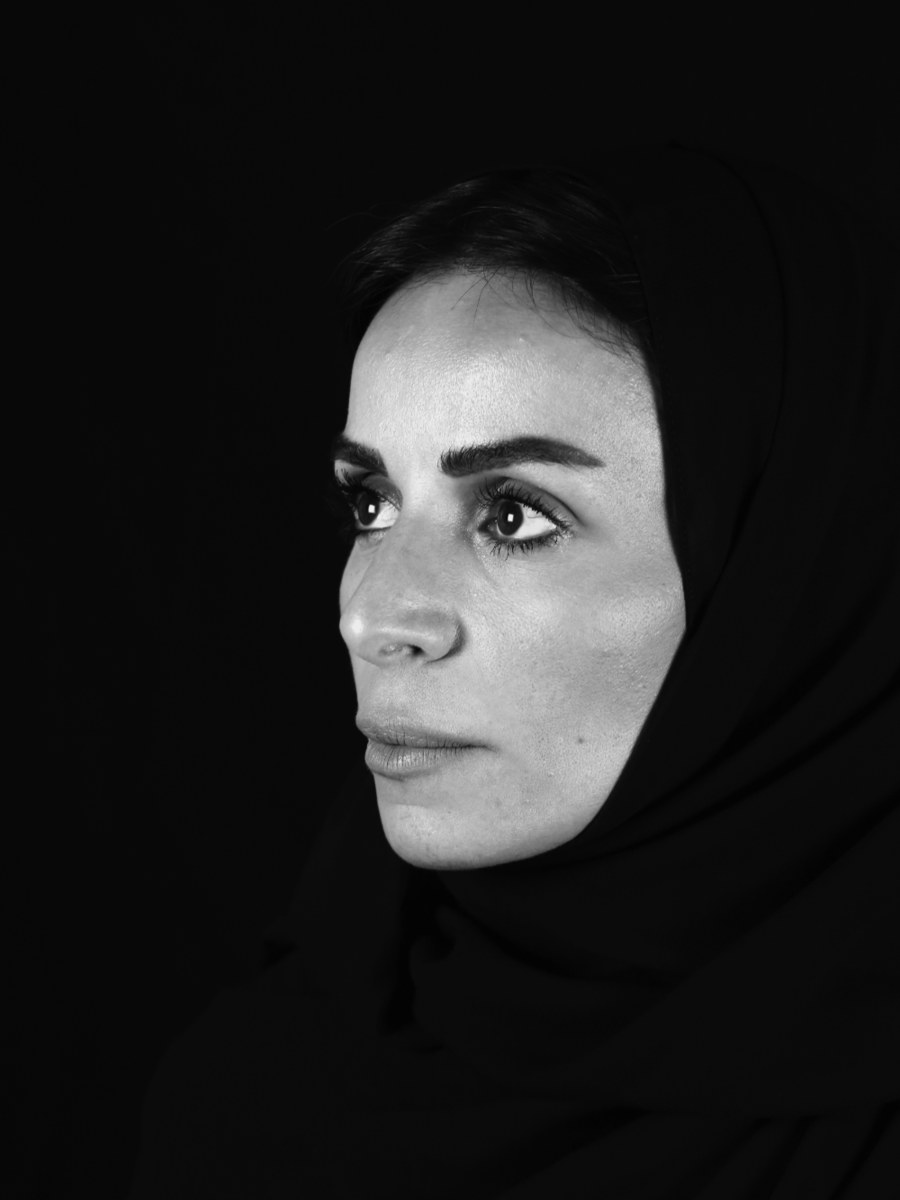RIYADH: Salma Al-Rashid has represented Saudi Arabia at the Women 20 (W20) — the official G20 engagement group on women — since 2018, first in Argentina then last year in Japan. Now, as Riyadh prepares to host the 2020 summit in November, Al-Rashid is delighted to have been named this year’s “sherpa” tasked with undertaking preparatory work for the conference.
Since Oct. 2019, Al-Rashid has been the chief advocacy officer of the Alnahda Philanthropic Society for Women, a Saudi charity that champions female empowerment and participation. At the helm of the W20 Riyadh edition, Alnahda will help facilitate discussions among a network of delegates representing non-governmental women’s organizations, female entrepreneurs and think tanks from across the G20 member states.
The aim is to ensure gender considerations are placed firmly on the table and are included in the G20 Leaders’ Declaration as policies and commitments that foster gender equality and women’s economic empowerment.
“I take the task of head of delegation and sherpa very seriously,” Al-Rashid told Arab News in the run-up to the summit. “I have the responsibility to bring forward the voice of Saudi Arabian women in all their shapes, forms and experiences. I serve as the mechanism to project the voices of women of Saudi Arabia in this global forum.”

Salma Al-Rashid has represented Saudi Arabia at the Women 20 (W20) first in Argentina then last year in Japan. (Supplied)
Recalling her long association with Alnahda, Al-Rashid said she had always been passionate about social and development issues. “Throughout my career, I have firmly believed that by building a global and an inclusive culture, where all voices are heard, regardless of age, sex, race, religious beliefs and political affiliation, we can make the world more just and equitable for all,” she said.
Alnahda, which means “the awakening,” was founded in 1962 to help empower Saudi women economically and socially through targeted development projects.
As a sherpa, Al-Rashid is responsible for the operational management of this year’s W20, its advocacy and communications, and for providing overall support to the W20’s Saudi chair, Dr. Thoraya Obaid. She relishes the opportunity to bring together diverse voices from around the globe for a common goal.
“The W20 this year allowed us to create a bridge between global and local conversations that is meaningful, and at times challenging, with the different perspectives of various sectors of the community on what matters most to women and how we can ensure women’s economic empowerment,” Al-Rashid said.
“The W20 has provided us with an opportunity to contribute to the local advancement of Saudi women.”
Al-Rashid started out with Alnahda as a volunteer. She went on to found a volunteer service program and later shifted to managing academic guidance and career-development programs to give young girls from underprivileged backgrounds a leg up on the competition as well as access further education.
“After that, I co-managed a nationwide campaign to enhance civic education among Saudi men and women during the municipal elections of 2015, when women were allowed to run and vote. So that was an exciting point in my career,” she said.

“The W20 has provided us with an opportunity to contribute to the local advancement of Saudi women,” says Al-Rashid. (Supplied)
Al-Rashid’s interest in the development and social issues started at an early age thanks to her mother, who has been an Alnahda member for over 25 years.
“I've had the privilege and experience of listening to the realities and experiences of Saudi women,” she said. “So, I would sit with my mom and just listen to conversations with social workers, beneficiaries, and the leaders and employees of Alnahda.
“I grew up listening to the various experiences, struggles, challenges and obstacles that women face, regardless of their socio-economic backgrounds. I think that’s most probably what sparked my passion.”
With such an impressive background in women’s advocacy work, Al-Rashid seemed like the obvious candidate for the sherpa role, appointed to it in December last year. She is excited to see all the months of planning and discussion come together for the upcoming summit.
“Jointly with our delegates across the G20, we formulate concrete, actionable policy recommendations to further advance gender equality within the G20 negotiations,” she said.

Al-Rashid: We did not ignore this pandemic that hit women the hardest. (Spplied)
“One thing we did this year as W20 Saudi Arabia was an in-house analysis, before January. We wanted to understand how effective the W20 has been in the past five years and how efforts have been reflected at the G20 level, through additionally consulting with international organizations and experts who we call our knowledge partners,” she said.
Based on this analysis, the delegates have settled on this year’s framework. “W20 delegates have agreed that we have three main areas of focus: Women’s financial inclusion, labor inclusion and digital inclusion. And every year a presidency introduces a fourth focus area. We wanted to continue the legacy of past presidencies, and build on their work.”
This year’s presidency proposal was to promote inclusive decision-making, a position jointly agreed by the summit’s 20 delegates. “We need to ensure that women are represented at every level of the decision-making process,” Al-Rashid said.
“If we look across the G20, we have only one female leader among the G20 leaders. We don’t see many women in leadership positions, but W20 goes beyond that. It’s not just women on boards and as CEOs. We recognize that the decision-making process is very complex and there are different stages. We need to ensure that at every stage there is representation of women and that representation is diverse.”
An ongoing challenge the W20 delegation wants to see the G20 address is the lack of women being hired to leadership positions.
“We only recently celebrated the appointment of the first woman CEO at Citigroup. And we know that Wall Street suffers from not having enough women. So, it is a challenge across the globe,” Al-Rashid said.
This is a challenge that Saudi Arabia has risen to meet in recent years, with a raft of new reforms designed to bolster women’s participation and empowerment.

Al-Rashid: We see a lot of reforms and advancement to push for women’s participation in the economic development of Saudi Arabia. (Supplied)
“We’re living in an extremely exciting time in Saudi Arabia,” Al-Rashid said. “We see a lot of reforms and advancement to push for women’s participation in the economic development of Saudi Arabia. One of the goals of Vision 2030 is to accelerate women’s representation in the labor market and in leadership positions.
“We’ve celebrated the appointment of the first Saudi ambassador to the US, Her Royal Highness Princess Reema bint Bandar, and we’ve celebrated a number of appointments of women in both the private and public sector.
“Are we there yet? Are we even close to where we hope to see ourselves? Not yet. It’s a very long journey, but we are on the right track.”
As a result of the global coronavirus disease (COVID-19) pandemic, the G20 Summit and all engagement groups are being held remotely. Al-Rashid says the virus and its consequences have laid bare the economic vulnerabilities of women and the vital role of the W20.
“Despite the difficulties and challenges that we were faced with this year, we are privileged and honored to be able to respond to the question of what we can and have done this year,” she said.
“We did not stay quiet. We did not ignore this pandemic that hit women the hardest. We look at it as an opportunity to build back better.”
Al-Rashid sees an opportunity for world leaders to take concrete action in further advancing women’s economic participation. She puts it this way: “Only through empowering women, and through addressing the impact of COVID-19 on women, will we be able to further advance and sustainably recover from this pandemic.”
Twitter: @LujainBenGassem
































